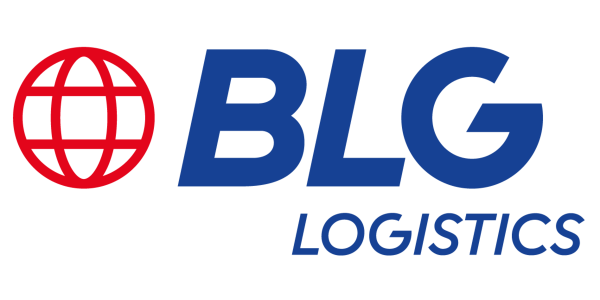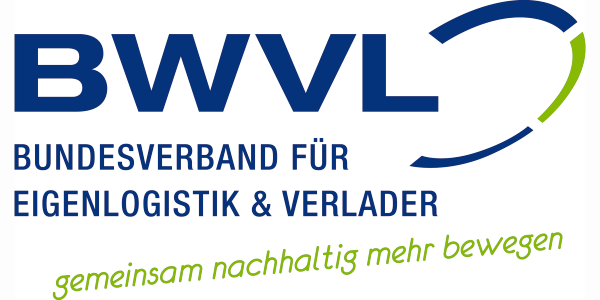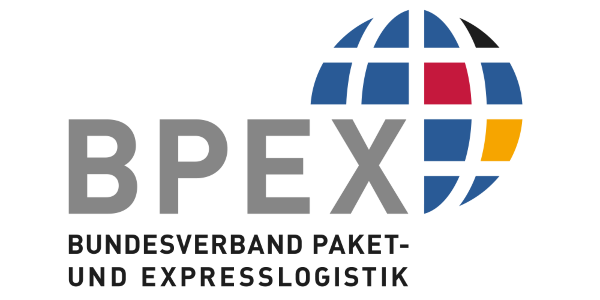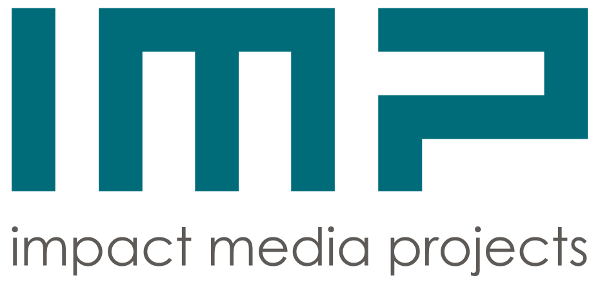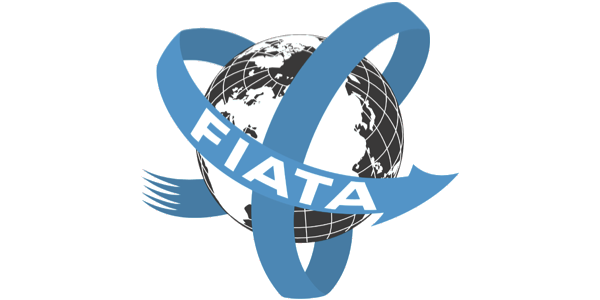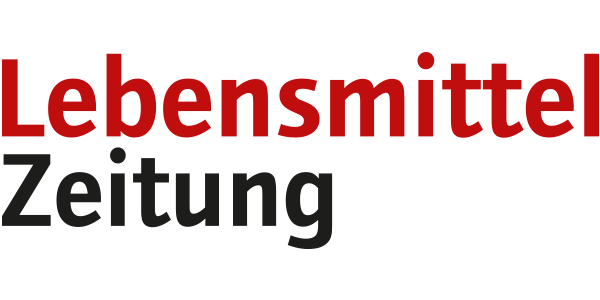
ConnectChains: Positive evolution
Conference offers opportunities for stakeholders in humanitarian supply chain management to exchange views on challenges and collaborate with representatives of private sector companies to develop new solutions. For the second time, the Logistics Hall of Fame hosted the summit in Berlin to enable supply chain experts to network.
Intensive collaborations, educational measures, support of local projects and long-term public-private partnerships bring sustainable success in supply chain management for both humanitarian organizations and their industry partners. This was the tenor of the ConnectChains - The Humanitarian Supply Chain Conference on December 5 in Berlin. For the second edition of the conference, the Logistics Hall of Fame organization brought together more than 80 international experts from the field of humanitarian logistics. Among the participants were representatives from logistics companies, donors, academia and humanitarian organizations from Europe, the USA and Africa. The aim of the meeting at the Representation of the State of North Rhine-Westphalia to the Federal Government was for the stakeholders to exchange best practice examples, identify current challenges and network.
“ConnectChains has the unique distinction of being the major conference for networking, communication and collaboration opportunity to bring together supply chain professionals from humanitarian organizations and leaders of the private sector. The Logistics Hall of Fame is planning to continue this international summit,” emphasized conference director Thilo Joergl.
Public private partnerships have proven to be a very effective way for corporations to become involved in humanitarian relief. The conference audience were presented with the results of a new survey conducted by Wageningen University & Research, ETH Zurich and Fritz Institute in cooperation with the Logistics Hall of Fame. Humanitarian organizations, commercial enterprises and donors had been asked to provide input on specific nature of their existing partnerships.
The major revelation of the survey which took place this fall was that the nature of public private partnership has indeed changed over the years and had matured from one primarily focused on financial arrangements to one where the collaboration is built on a more integrative network that included products and services.
The value of public private partnership was further corroborated by a panel comprised of representatives from the three sectors. The consensus of the panel was that progress has been made and the importance and benefits of partnerships particularly centered on supply chain management are recognized by both the private sector and humanitarian organizations.
Professor Dr Sander de Leeuw (Wageningen University & Research) shared his view that a truly successful public private partnership should consider three major factors:
• Both parties must agree on the objectives of the partnerships and the expected results; alignment of the two are critical to the success of the partnership.
• A more beneficial partnership is one that involves supply chain support for “back room” functions before a disastrous event, rather than direct involvement in the front line at the time of the disaster.
• Regular communication is critical to fend off any issues and to check and ensure regular progress is made.
Mayyada Ansari, Global Head of DHL Group´s GoHelp, shared the company´s long standing program where specialists trained more than 900 of their logistics experts to provide support in time of humanitarian crises. The need to obtain commitment from top management of both parties in order for public private partnership to succeed was emphasized by Mitsuko Mizushima, Chief Logistics Officer of Fritz Institute: “Decisions must be made before the engagement, whether they want to give philanthropic donations or to engage in efforts to improve relief delivery process at a more systemic level”, said Mizushima.
A panel on infrastructure and processes discussed the challenges faced with dealing with government regulations, customs requirements and other constraints for international shipments. Johannes Peter, Managing Director of humedica, commented that aid shipments are often treated similarly to commercial shipments when in fact there should be “more opportunities for exceptions”.
Markus Bangen, CEO of Duisport, advised that humanitarian organizations could benefit from taking advantage of recent advancements in port operations as well as the expertise of their team. As an example, the port expert suggested bundling shipments and using port and airport platforms. He urged further collaboration between the different sectors to deepen mutual knowledge of logistics standards and processes.
A session on the move to increasing localization focused on efforts to support and improve the humanitarian community’s understanding and capacity to manage its supply chain operations, in particular with respect to entrusting local and national organizations. One of the key aspects is how these organizations can be trained and developed to undertake these enhanced responsibilities.
When disaster strikes, local actors are often the first to respond. Organizations at the local level, such as the national Red Cross-Red Crescent National Society (RCNS) local branches, faith-based organizations, and other civil society groups can rapidly mobilize their own resources. In this move to localization, many of the international organizations and donors are committed to shift more leadership for priority setting, project design, implementation, and measuring results to the people and institutions with the capabilities and credibility to drive change in their own countries and communities.
This year’s winner of the Lynn C. Fritz Medal for Humanitarian Logistics, Strategies for Northern Development (SND) is a prime example of a local organization doing groundbreaking work in their own community. Charles Iria Lomali, Business Development Manager from SND, was joined by Ibrahim Ali Dida, Executive Director from SND, in presenting the result of the project „Horn of Africa Extreme Weather Response“ where 1.200 households in northern Kenya were given fast, secure and sustainable access to essential goods via electronic vouchers and cash assistance through their mobile phones.
Supporting local markets and organizations was also the central topic of a panel discussion on sustainability. Ignazio Matteini, Principal Coordinator, Sustainable Supply at UNHCR, reported on why the United Nations relocated the production of various aid supplies from Asia to Kenya. “This not only shortened long supply chains, but also supported local businesses,” said Matteini. He pointed out that UNHCR had already initiated a package of measures to achieve the goal of reducing carbon dioxide emissions in supply chain management by 30 percent by 2030.
Dro André Gonsi, Regional Medical Supply Chain Administrator at the International Committee of the Red Cross in Côte d'Ivoire, contradicted the preconception that green products are generally more expensive than goods that are not produced sustainably: “It's all a matter of planning,” emphasized Gonsi, who received the Fritz Institute's Outstanding Learner of the Year Award.
Sarah Penniman-Morin, Chief Global Supply Chain Officer at International Rescue Committee, explained another advantage of innovative, sustainable solutions - strengthening resilience. Example:
Logistics experts planned numerous mobile solar panels to supply power in Ukraine. “The advantage of this solution is that it allowed International Rescue Committe to increase its agility in geographic coverage in response to need, and remain operational when the power grid was down,” explained Penniman-Morin.



